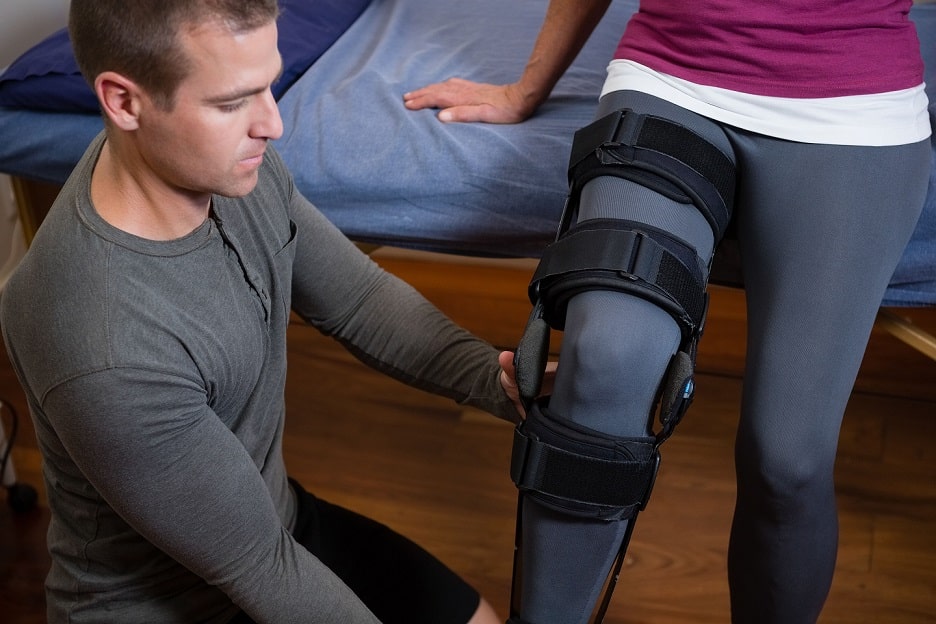 When pursuing a claim for personal injury the process can seem like a daunting one to undertake – however, when claiming for compensation there are certain time frames that the defendant must adhere to which can make the process a little more speedy and hassle free.
When pursuing a claim for personal injury the process can seem like a daunting one to undertake – however, when claiming for compensation there are certain time frames that the defendant must adhere to which can make the process a little more speedy and hassle free.
Pre action protocols were recommended by Lord Woolf in his final Access to Justice Report of July 1996 to build on and increase the benefits of early but well informed settlement. Having a specific protocol in place has many benefits for your claim including:
- Better and earlier exchange of information between the parties
- It enables claims to be settled easily and fairly, often avoiding the need for litigation
- Promotion of the provision of medical and rehabilitation treatment for the injured party
- Standardisation of how claims are run across the board
As stated clearly in the CPR (Civil Procedure Rules):
“The protocol has been kept deliberately simple to promote ease of use and general acceptability.”
So what is the protocol for personal injury claims and how long does it take?
Your claim will normally begin with what is called a Letter of Claim being sent out to the defendant. This letter states a clear summary of the facts of the case and an indication of the injury sustained and any losses. It basically gives the defendant all the information they require to decide on their liability and also to estimate how much the claim is likely going to be worth.
Once this letter has been sent across to the defendant they have 21 calendar days to acknowledge receipt of the letter, provide details of their insurance (if applicable) and note any noticeable information missing from the letter.
The defendant then, as the title of this blog suggests, has a maximum of 3 months to investigate and decide on their position on liability; be this accepting or denying responsibility. If the defendant denies liability they are to give their own evidence as to why this decision has been made.
These time periods, however, can be altered to take into account special circumstances in individual cases. The defendants are entitled to request an extension on either of the above (for example; this may happen a lot around certain holidays such as Easter, Christmas etc.) Of course, it is up to your solicitor to decide whether the request for an extension is reasonable as to not do so can be looked upon poorly by the court.
If a defendant has given a perfectly genuine and reasonable reason for requesting an extension it is common practice for your solicitor to agree so that if the case does progress to court they will not be found to have been unreasonable. This is important as to be found unreasonable may prejudice your case. Of course, your personal injury solicitor should know what is reasonable and when the defendant is simply making excuses and therefore it is important to instruct someone with extensive experience in this area.

 When pursuing a
When pursuing a 









